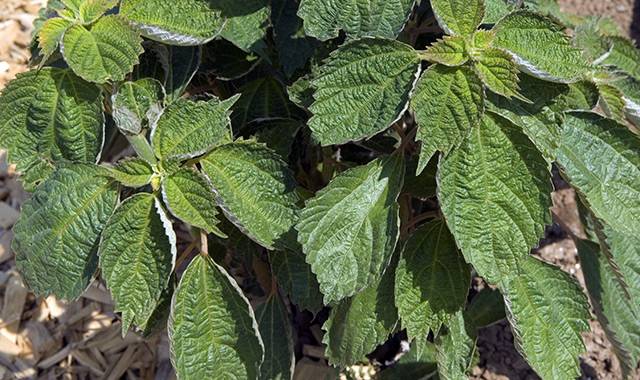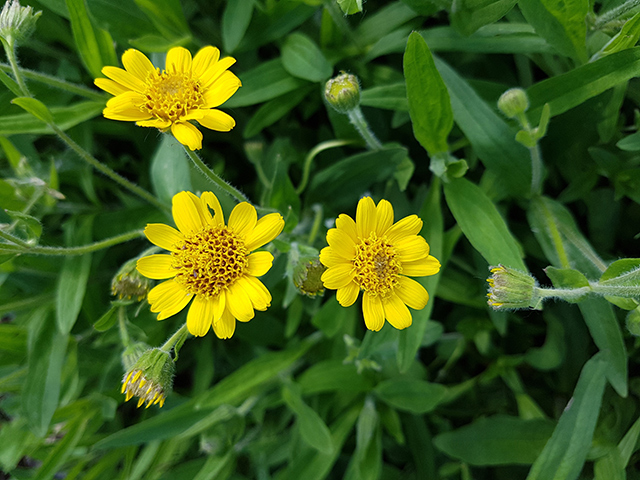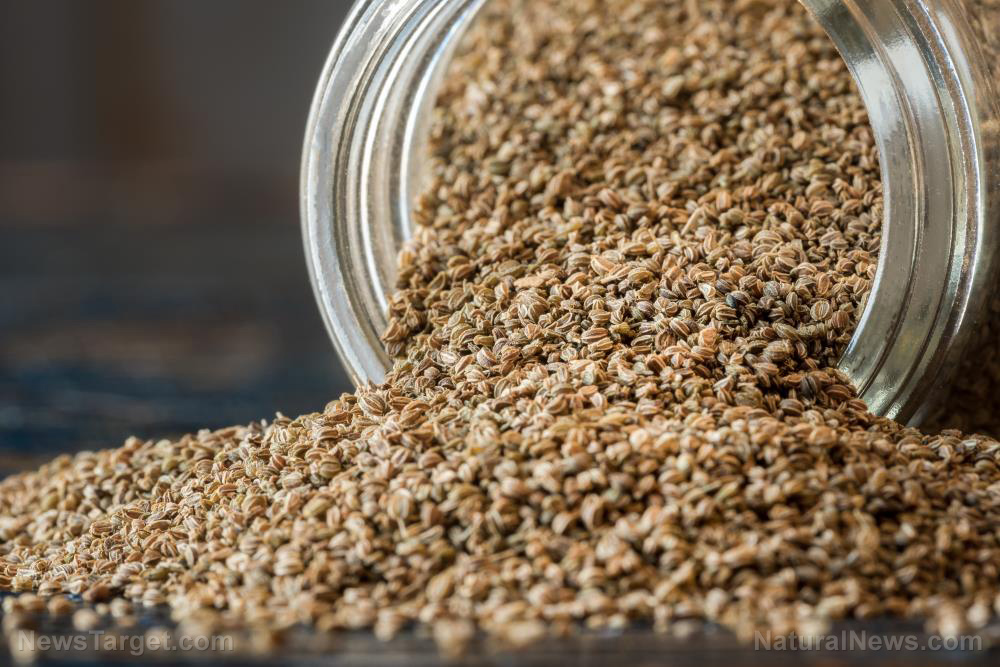A traditional Sub-Saharan ethnomedicine shows promise as a powerful anti-inflammatory agent
01/03/2019 / By RJ Jhonson

Inflammation can be a serious threat to your health. In a study published in the journal BMC Complementary and Alternative Medicine, the leaf extracts of mbola (Parinari curatellifolia) an African medicinal plant, has a potent anti-inflammatory activity that can help prevent inflammation from causing further damage to your body.
Inflammation is part of your body’s immune response. It is a reaction to the presence of a pathogen or to harmful stimuli. The redness and the feeling of pain and swelling that characterize inflammation are all indications that your body is fighting off harmful microbes or repairing damaged tissues following, say, an injury.
Short-term acute inflammation is, therefore, good. It becomes a cause for concern when it becomes chronic inflammation. This type of inflammation is one that persists longer than it should. It also does not have pronounced symptoms, unlike acute inflammation. When this happens, the white blood cells that protect your body from dangerous viruses and bacteria now attack your healthy cells, causing a wide array of health conditions as a result. Diseases like cancer, depression, arthritis, diabetes, and cardiovascular disease are all linked to chronic inflammation.
Treating inflammation with mbola
In Sub-Saharan Africa, mbola is a popular folk medicine used for the treatment of fever, microbial infections, pneumonia, and even cancer. It is also used to fight inflammation, prompting the researchers to confirm if it does, indeed, have anti-inflammatory properties.
The authors of the study prepared methanol, aqueous, acetone, and ethanol extracts from the fresh leaves of mbola. They then put these extracts through several tests to determine their capacity to inhibit inflammation, as well as the proliferation of lymphoma cells.
Mbola’s ethanol and methanol extracts were found to have significant inhibitory activity against xanthine oxidase, an enzyme that generates reactive oxygen species. These are unstable molecules that damage the cells and cause disease.
Meanwhile, mbola’s water extracts effectively inhibited the production of nitric oxide in RAW 264.7 cells. Although nitric oxide plays an important role in maintaining proper cardiovascular function, mainly because of its ability to lower blood pressure by relaxing and dilating your blood vessels, it is a pro-inflammatory chemical that contributes to the progression of inflammatory diseases.
Furthermore, findings revealed that mbola has dose-dependent cytotoxic activity on Jurkat T-cells, a lymphoma cell line. Further analysis showed that the cancer cells exposed to mbola extracts ended up with damaged DNA, explaining the plant’s ability to induce apoptosis or cellular death.
The researchers validated mbola’s applications in traditional medicine, particularly in pain management and the treatment of inflammatory and tumor-related conditions, such as cancer. (Related: Inflammation is a major reason why you can’t lose weight.)
Preventing inflammation with food
Prevention is always better than cure. Incorporating the following foods in your diet can help prevent or lower the occurrence of harmful inflammation:
- Berries – If their delectable taste and remarkable versatility aren’t enough to include strawberries, blueberries, raspberries, and others in your diet, then their anti-inflammatory benefits might. These berries help your immune system function properly, increasing your number of natural killer (NK) cells and lowering certain inflammatory markers linked to heart disease.
- Fatty fish – Salmon, herring, mackerel, anchovies, and other fatty fish are delicious and substantial sources of protein. They also contain an abundance of omega-3 fatty acids that help reduce the levels of inflammatory markers in your body.
- Cruciferous vegetables – Cauliflower, broccoli, and kale are rich in antioxidants that play a role in controlling inflammation. Broccoli, in particular, is excellent for this purpose, thanks to its sulforaphane content that helps reduce the level of pro-inflammatory proteins in your system.
- Avocados – Whether you like it in guacamole or as a sweet treat, you need to eat more avocados to prevent chronic inflammation. Studies show that eating avocados can lower your level of inflammatory markers, especially in young skin cells. Avocados also contain potassium, magnesium, fiber (helps curb cravings), and a bunch of other compounds that can reduce your risk of developing cancer.
Learn how to treat inflammation naturally at Remedies.news.
Sources include:
Tagged Under: African medicine, alternative medicine, anti-inflammatory, anticancer, antiproliferative, herbal medicine, inflammation, lymphoma, mbola, natural cures, natural medicine, nitric oxide, Parinari curatellifolia



















